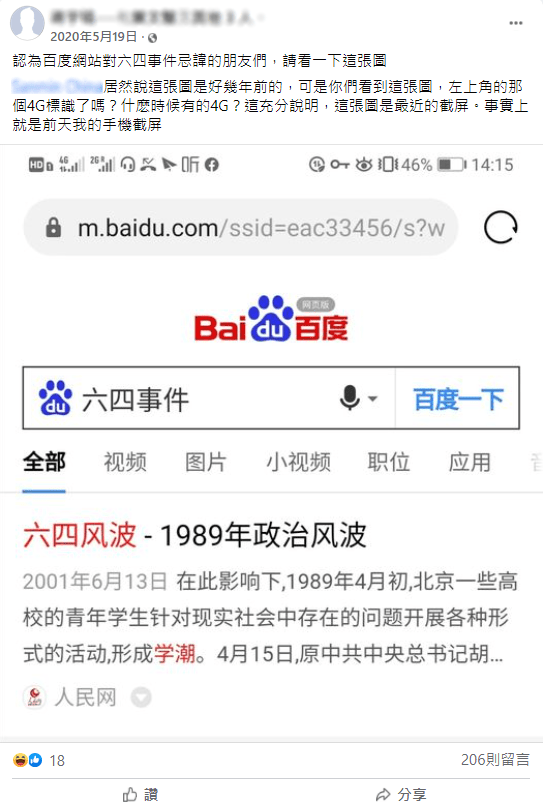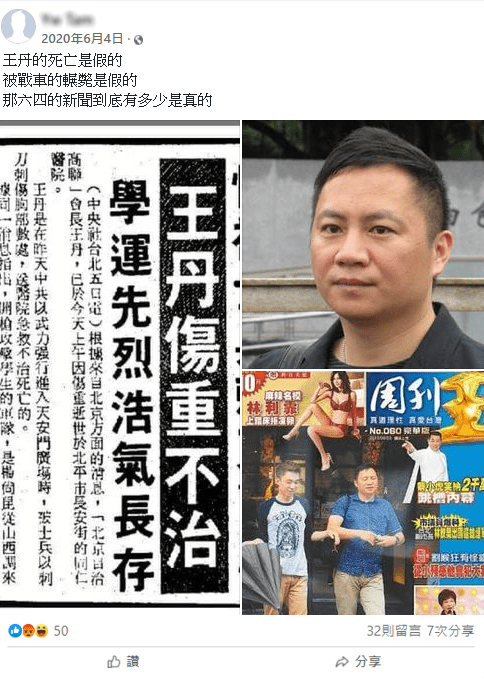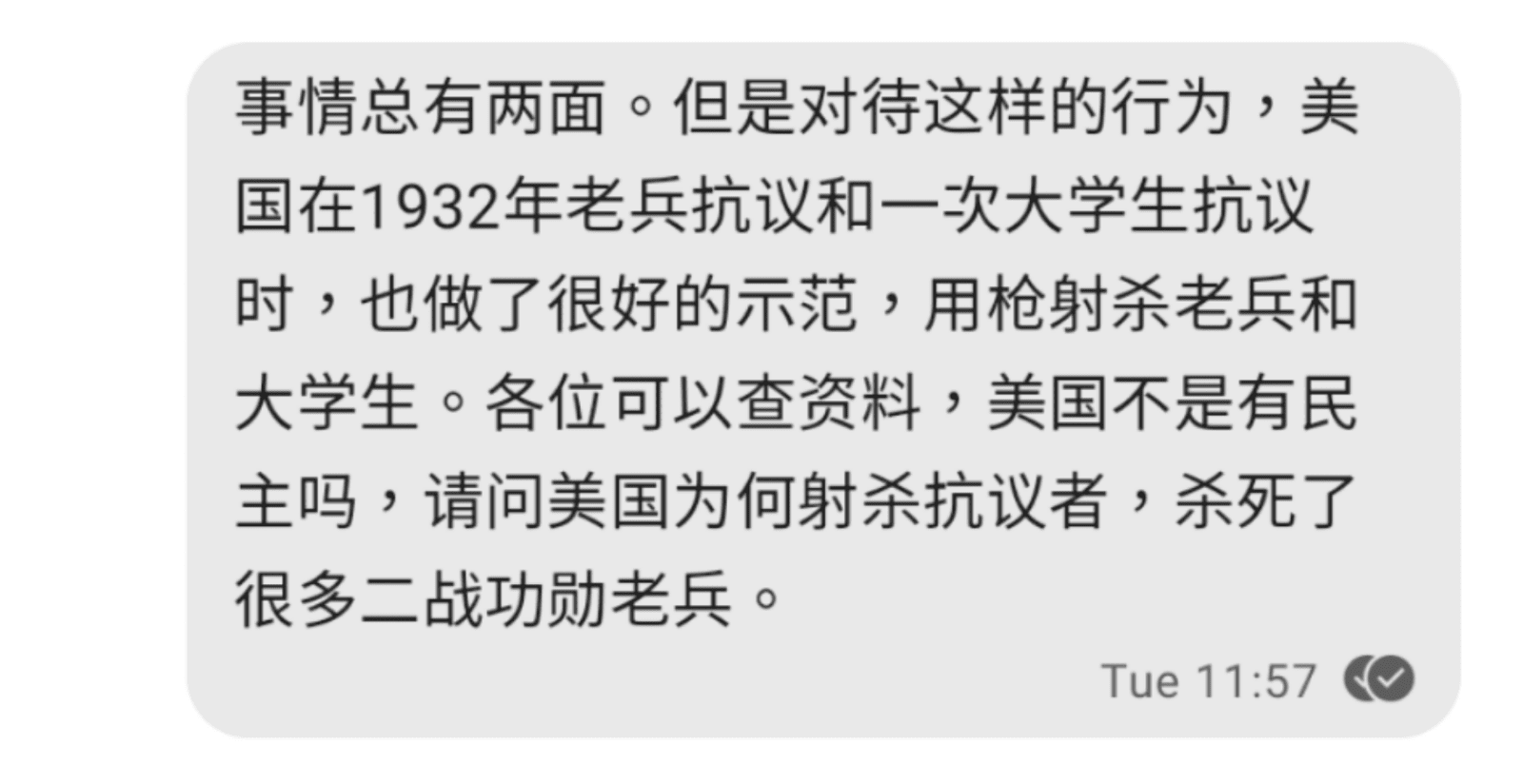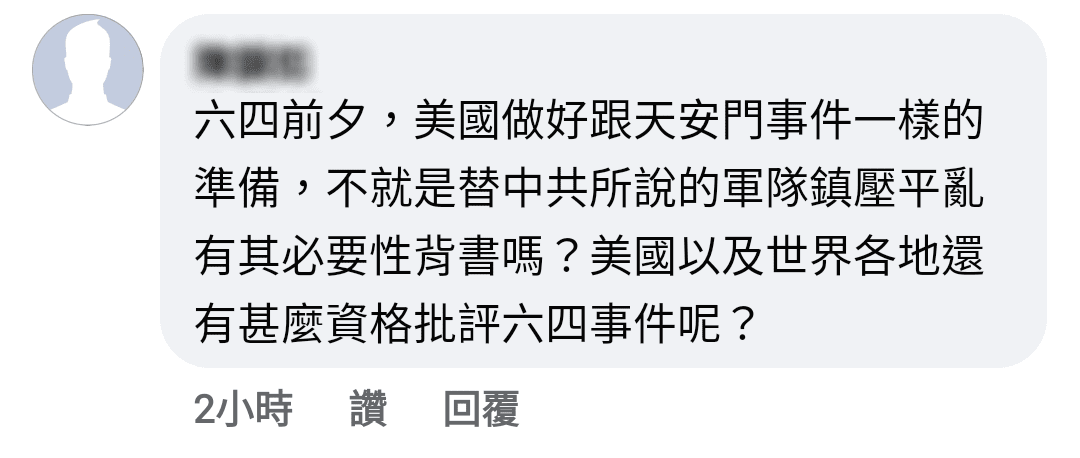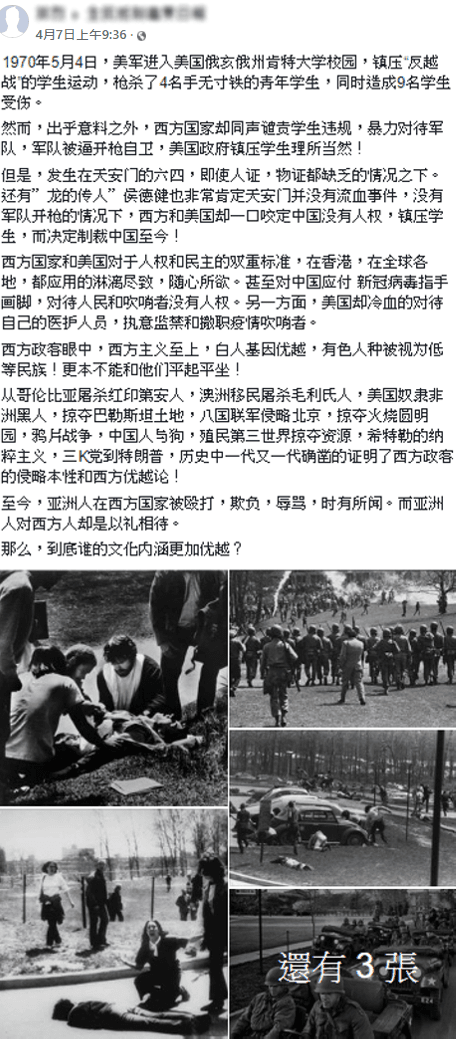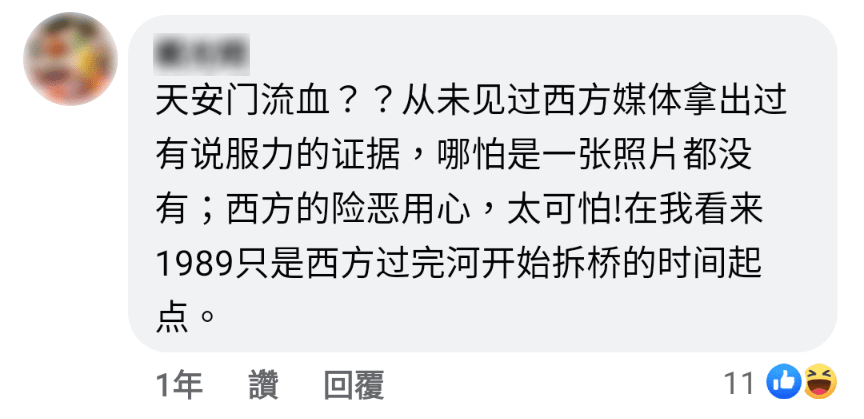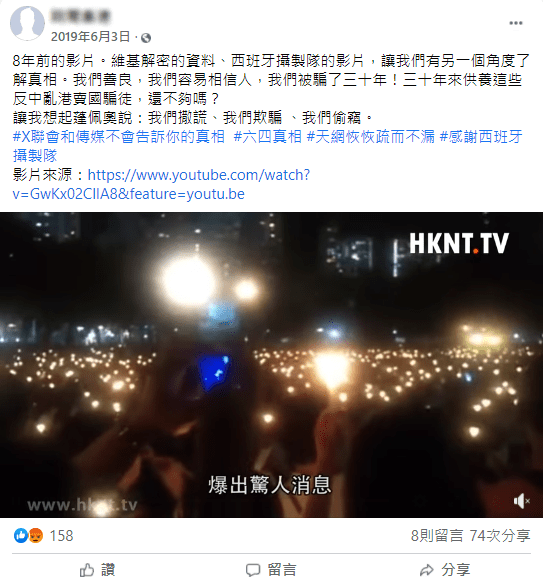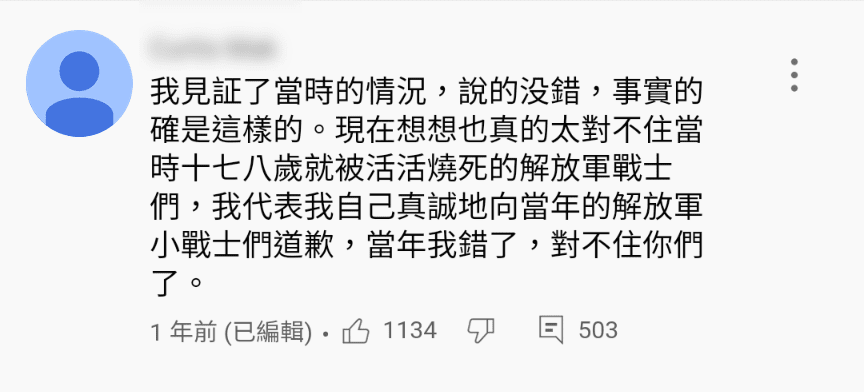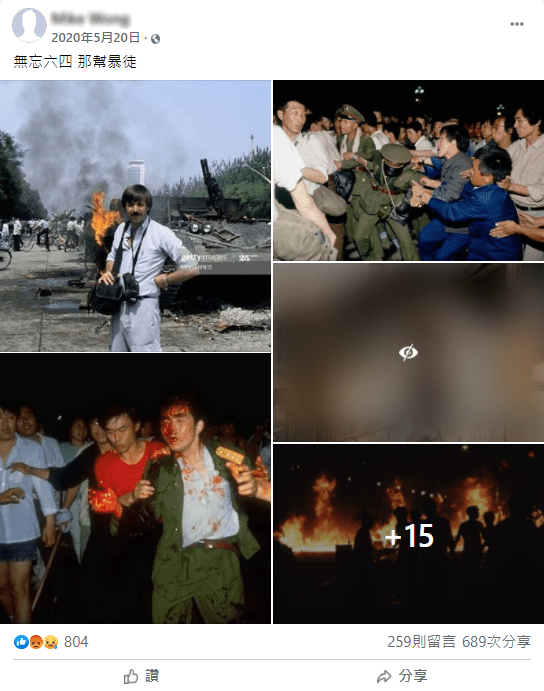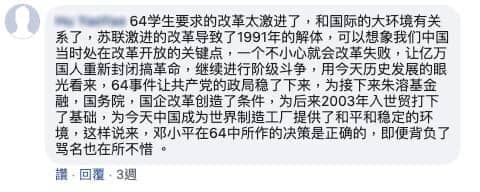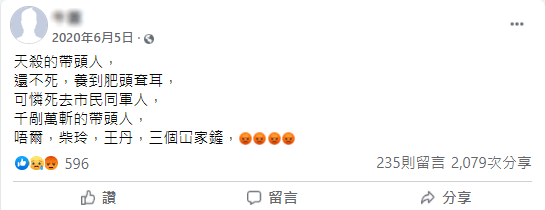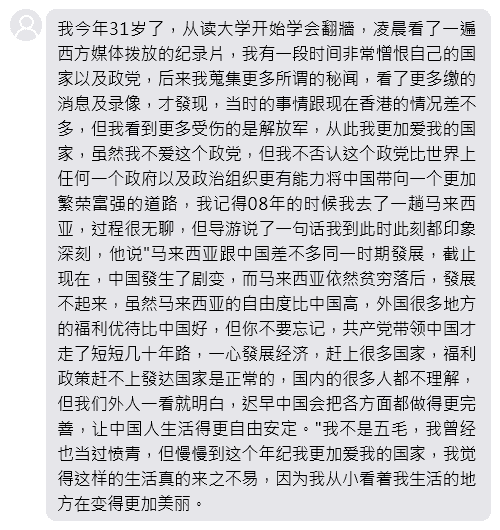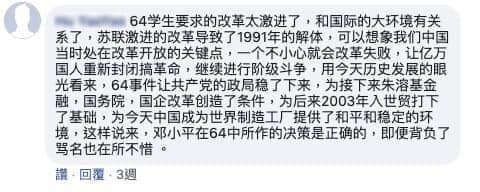How to Respond to Tiananmen Trolls
On June 4th every year, the world comes together to mourn the Tiananmen Square Massacre, grieve the pro-democracy protesters who were killed, and condemn the totalitarian rule of the Chinese Communist Party (CCP). However, a propaganda drive to whitewash the Tiananmen massacre also kicks in at the same time on social media and private messenger groups, to speak up for the CCP and to attack the students in the pro-democracy movement.
Doublethink Lab has collated messages intended to whitewash the CCP’s atrocities, and were able to categorize them into three groups, each with their own motives and narrative strategies.
Production: Ttcat | Text: Poyu Tseng, Yun-Ju Chen, Jiayu Wei | Translation: Roy Ngerng
Visual Design: Fang Lee | Photo credit

